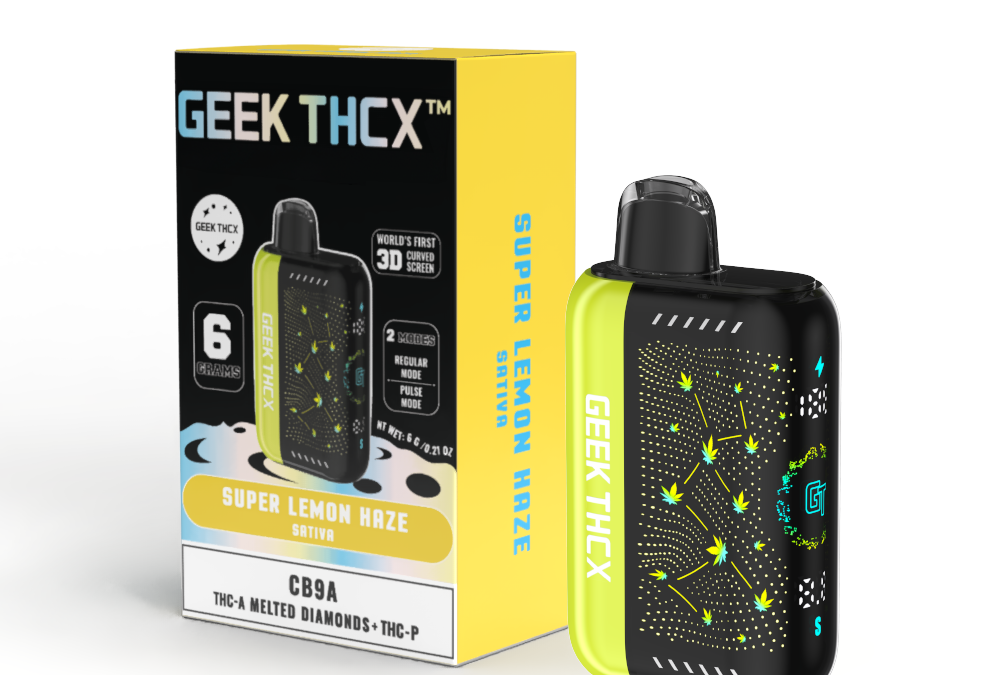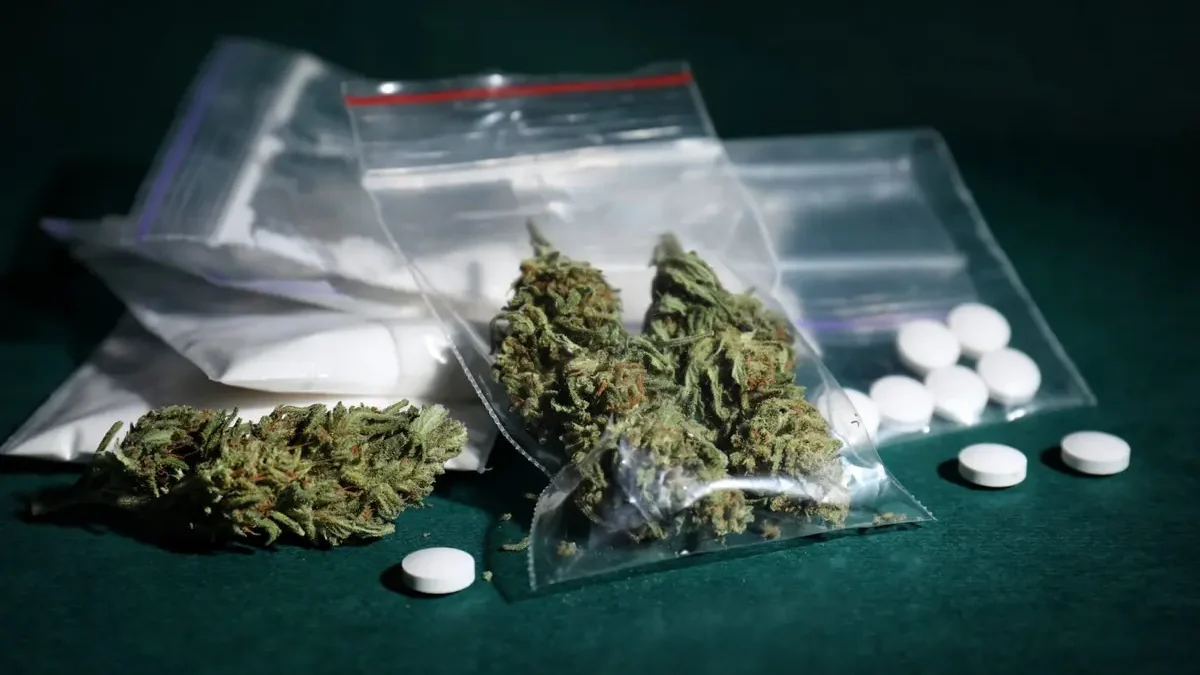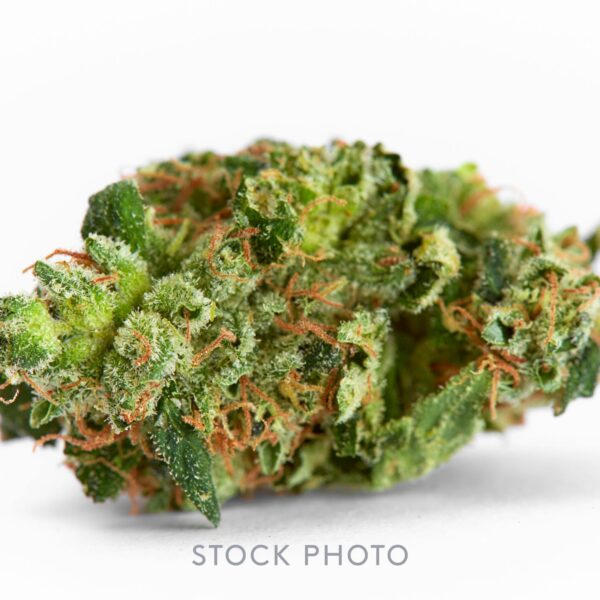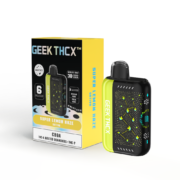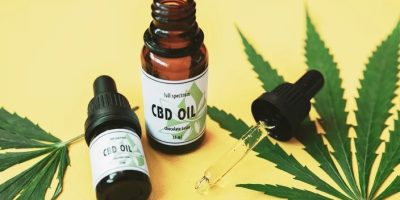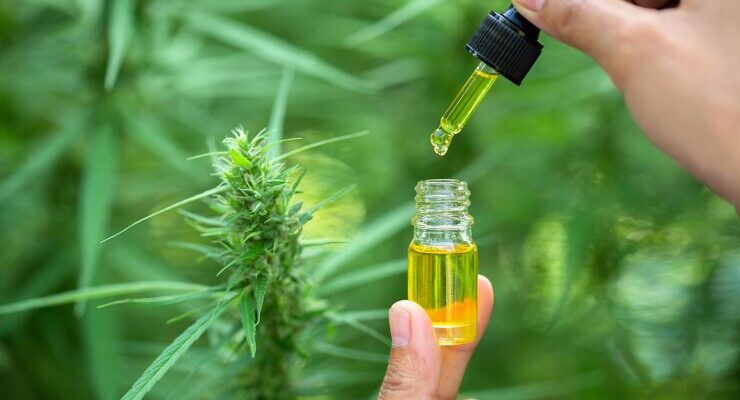
The cannabis plant is a treasure trove of compounds, each with unique benefits for health and wellness. Among these, CBDA—cannabidiolic acid—remains one of the most intriguing yet underappreciated. While CBD has captured the spotlight, CBDA is quietly making waves as a potential game-changer in holistic health. This blog will explore what CBDA is, how it differs from CBD, its remarkable health benefits, and how you might incorporate it into your wellness routine.
What Is CBDA?
CBDA stands for cannabidiolic acid. It is the acidic, raw form of CBD found in the cannabis and hemp plants before they are heated or dried. In its natural state, CBDA is abundant in fresh plant material, but it transforms into CBD through a process called decarboxylation—essentially, exposure to heat or sunlight. This means that most CBD products on the market actually start out as CBDA in the plant.
How Is CBDA Different from CBD?
CBDA and CBD are closely related but have distinct properties. CBDA is the precursor to CBD, meaning it is the compound that exists before the plant undergoes changes. Unlike CBD, which interacts with the body’s cannabinoid receptors, CBDA mainly influences the serotonin system. This unique mechanism gives CBDA a different set of potential health benefits, with research suggesting it could be especially effective for certain conditions.
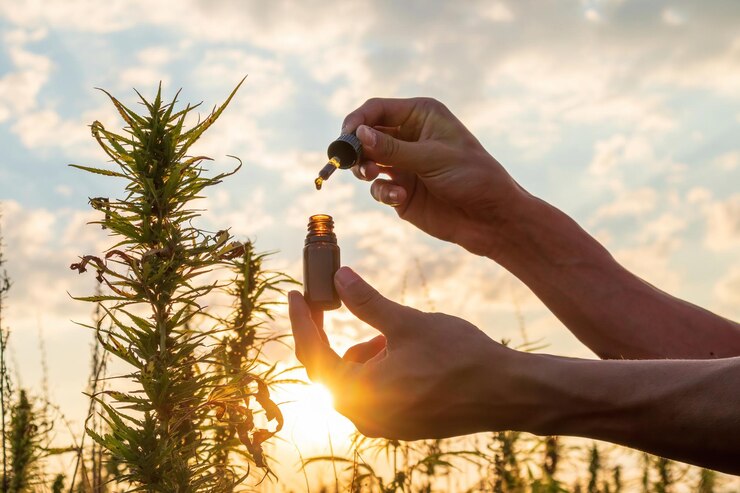
Health Benefits of CBDA
- Anti-Nausea and Anti-Vomiting Effects
One of the most promising areas of CBDA research is its ability to reduce nausea and vomiting. This is particularly important for individuals undergoing treatments that cause these symptoms, such as chemotherapy. CBDA appears to work by affecting serotonin receptors in the brain, which play a key role in nausea and vomiting reflexes.
- Anti-Inflammatory and Pain Relief
CBDA has shown significant anti-inflammatory and pain-relieving effects in early studies. By inhibiting certain enzymes involved in inflammation, CBDA may help reduce pain and swelling, making it a potential natural remedy for conditions like arthritis and other inflammatory diseases.
- Potential Anti-Cancer Properties
Early laboratory research suggests that CBDA may have properties that help slow the growth or spread of certain cancer cells. While these findings are preliminary and not yet proven in humans, they open exciting possibilities for future cancer therapies.
- Mood and Mental Health Support
Because CBDA interacts with serotonin receptors, it may also have benefits for mood and mental health. Animal studies have indicated that CBDA could help reduce anxiety and depressive behaviors, making it a candidate for supporting emotional well-being.
- Antibacterial and Antifungal Effects
Emerging evidence points to CBDA’s ability to fight certain bacteria and fungi. This could make it useful in wound care and infection prevention, expanding its potential applications beyond the nervous system.
- Immune Support and Metabolic Health
CBDA’s influence on the serotonin and endocannabinoid systems may also support immune function and help regulate appetite and metabolism. This makes it a promising supplement for overall wellness, especially for those with compromised immune systems or metabolic challenges.
How Can CBDA Be Used?
CBDA is available in several forms, depending on how you prefer to incorporate it into your routine. Raw cannabis or hemp juice is a direct way to consume CBDA, as it is present in the fresh plant. Tinctures, capsules, and topical creams are also available, offering convenience and precise dosing. It’s important to note that heating or drying the plant converts CBDA to CBD, so if you want the benefits of CBDA, look for products labeled as “raw” or “unheated.”
Safety and Considerations
CBDA is generally considered safe and non-psychoactive, meaning it does not produce a “high.” However, research is still in its early stages, and most studies have been conducted in animals. More human trials are needed to fully understand its safety, optimal dosages, and long-term effects. As with any supplement, it’s wise to consult a healthcare professional before starting CBDA, especially if you have underlying health conditions or are taking other medications.
The future of CBDA looks bright, with ongoing research exploring its full potential. As scientists learn more about its mechanisms and benefits, CBDA could become a staple in natural health and integrative medicine. Its versatility—from nausea relief to potential anti-cancer effects—positions it as a cannabinoid to watch in the coming years.
Conclusion
CBDA is a remarkable compound with a unique profile and a growing list of potential health benefits. From its powerful anti-nausea effects to its anti-inflammatory and possible anti-cancer properties, CBDA offers a natural alternative for those seeking holistic wellness solutions. While more research is needed, CBDA stands out as a promising, understudied cannabinoid with the power to transform how we approach health and healing. Whether you’re looking to support your immune system, manage pain, or simply explore new avenues for wellness, CBDA is worth keeping an eye on.


